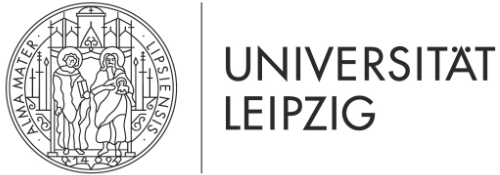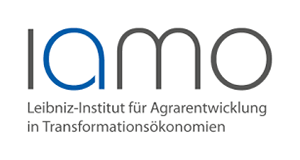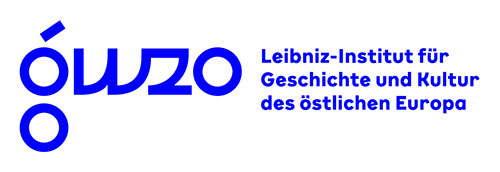Mashkhura Babadjanova
About myself and my Project: Analysing the impact of climate change on wheat productivity in Central Asia
I studied natural science at the Urganch State University in Uzbekistan and followed a master degree on bioecology at the same University. My second master degree was on Environment, agriculture and resource management at the University of Zagreb in Croatia. My research interest includes agricultural production, wheat productivity, food security, climate change impacts on agriculture, agricultural policy and trade. During my stay at EEGA I hope to deepen these issues and develop a proposal with in a PhD project.
Agricultural production is a backbone for the economy of Uzbekistan. Agricultural sector is considered as a main source of income and labour market for the rural population. Since agriculture supplies other industries with inputs, the development of those industries rests directly on agriculture. During Soviet Union cotton was exchanged for grain production to supply Uzbek population. After independence in 1991, Uzbekistan has started the food sufficiency policy and integration in the agricultural economy. Reforms have started to improve crop production and natural resources efficiency in agriculture. Wheat import decreased while Uzbekistan had become wheat producer for local need. Importantly, recent years have witnessed growing negative climate variability that have impacted on agricultural production by soil salinity, water scarcity, or causing wheat diseases in Uzbekistan.
My proposal aims to evaluate the impact of climate variability on wheat production in Uzbekistan.
Video Interview with Mashkhura Babadjanova:
#1 – Please present yourself and your research project
#2 – How did you get to know EEGA ScienceCampus?
#3 – What is EEGA ScienceCampus to you?
#4 – What are the links between EEGA ScienceCampus and your research project?








